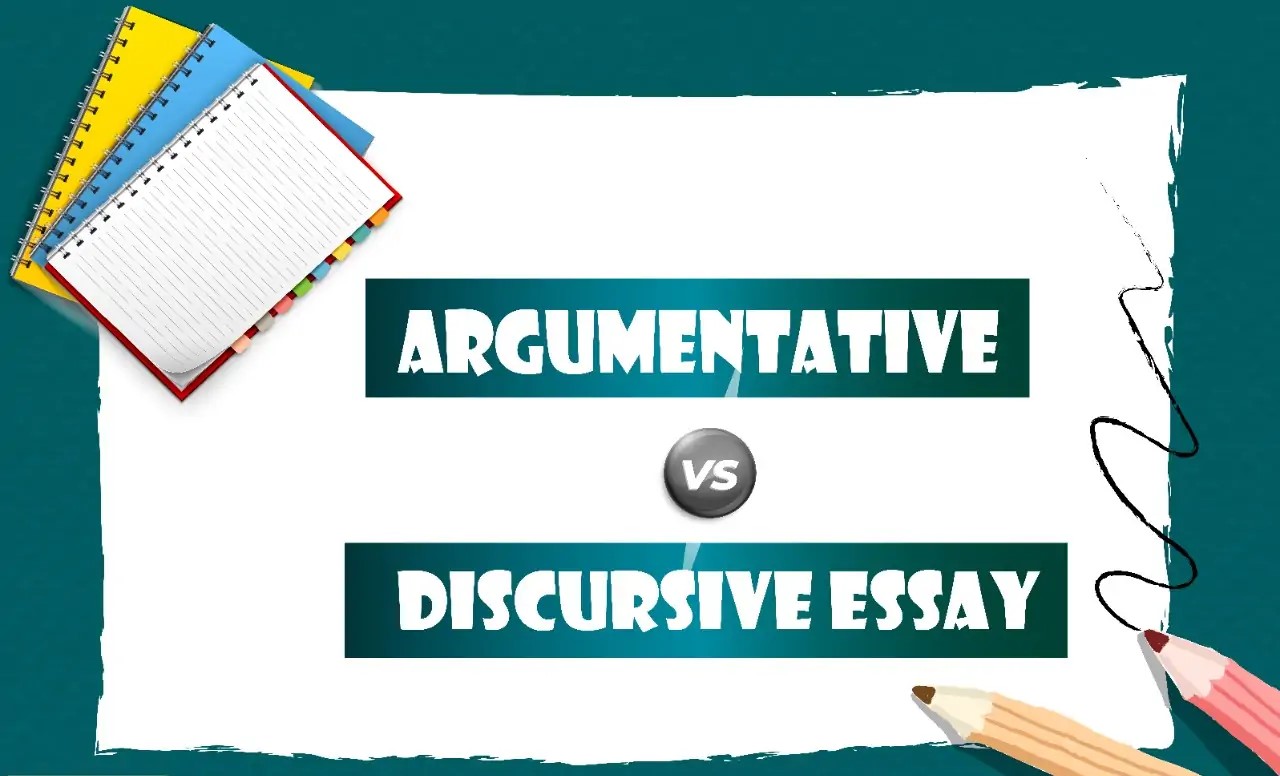Introduction
While the use of marijuana has become much less taboo than it once was, the American workplace may still have a long way to go in embracing its use with open arms. This paper will examine cases that include the most common factors that come into play when discussing legal marijuana use as it relates to employment. The literature will aim to provide managers with a basic overview of laws that pertain to marijuana usage and the workplace. As well as be a guide in how to establish to employees the consequences of workplace drug usage situations. Specifically, situations of an employee’s off-duty marijuana usage and former employees claiming discrimination in cases of termination.
Historical Background
As early as 1973 the states began making efforts to decriminalize marijuana with 13 states doing so by 1978. In 1996 California became the first state to allow medical marijuana usage when voters approved the Compassionate Use Act. States that followed either passed legislation to criminalize marijuana or to permit it for medicinal usage. In 2012 Washington and Colorado became the first two states to legalize recreational usage of marijuana. Although marijuana is still illegal under the federal Controlled Substances Act (CSA), year by year more states have begun to decriminalize marijuana and more have approved it for medical use.
States that currently allow recreational and medical marijuana use:
Alaska, California, Colorado, the District of Columbia, Maine, Massachusetts, Michigan, Nevada, Oregon, Washington, and Vermont.
States that currently allow only medical marijuana use:
Arizona, Arkansas, Connecticut, Delaware, Florida, Hawaii, Illinois, Louisiana, Missouri, Montana, Maryland, Minnesota, New Jersey, New York, New Hampshire, New Mexico, North Dakota, Oklahoma, Ohio, Pennsylvania, Rhode Island, and West Virginia.
States that currently allow CBD/low-THC medical use:
Alabama, Georgia, Indiana, Iowa, Kentucky, Mississippi, North Carolina, South Carolina, Tennessee, Texas, Virginia, Wisconsin, and Wyoming.
Four states allow no recreational or medical access to marijuana products in any form: Idaho, Kansas, Nebraska, and South Dakota.
Cases of Discrimination
Bellinger v. Weight Watchers Gourmet
On July 22, 1985, in the state of Ohio, Kenneth Bellinger, began working for Weight Watchers Gourmet Food Company. On December 5, 1996, Bellinger cut his finger at work. Due to this he was suspended and asked to complete a drug test which returned positive for marijuana. The company had Bellinger sign a “Last Chance” agreement that stated he could return to work, but he would need to complete a drug and alcohol abuse program as well random drug and alcohol tests for the next year. Adding that Bellinger would be terminated if he failed any of the tests. Roughly two weeks later, Bellinger was asked to submit a random drug and alcohol test. The sample came back positive and therefore, Bellinger was terminated.
Mr. Bellinger in turn filed a complaint against the company, claiming discrimination as the primary factor in his termination. However, he failed to establish that Weight Watchers discriminated against white males like himself and presented no evidence that Weight Watchers applied its drug and alcohol policy in a discriminatory manner.
The Weight Watchers employee handbook clearly stated that employees involved in an accident requiring medical attention would be tested for drugs and alcohol and that any employee that tested positive would be subject to disciplinary action “up to and including discharge.” Bellinger clearly violated company policy and was subject to disciplinary action, which included termination. The company also fought that other employees who tested positive were required to sign “Last Chance” agreements. Several employees who violated the agreements were terminated, including a black male, two white males, and one white female.
Collings v. Longview Fibre Co.
In May 1992 in the state of Washington, Longview hired an outside firm to investigate rumors of drug activity among the employees in the plant. When the interview was completed in Mid-November of 1992, eighteen employees, including the eight plaintiffs, were interviewed at the plant. Each employee was asked to admit his own involvement with drugs at the plant and his knowledge of the involvement of others. The employees confirmed that the interviews had been conducted fairly and that no promises of continued employment had been made. As a result of the information obtained in these reports, the company decided to terminate seventeen of the eighteen employees interviewed, including the eight plaintiffs, for alleged drug-related misconduct at the workplace.
In the instant case, the employees argue that they were “disabled” and entitled to protection from discrimination under the Americans with Disabilities Act (ADA). Seven of them contend that although they had drug abuse problems in the past, they were all “drug-free” at the time of their discharges and had either completed drug rehabilitation programs or were in the process of being rehabilitated. The eighth plaintiff, Barry Reeves, argues that he never engaged in any drug use and was erroneously perceived as engaging in such use. The plaintiffs thus maintain that they were qualified individuals with a disability and that Longview discriminated against them by discharging them on the basis of their drug addiction disability.
The eight plaintiffs brought this action under the Americans with Disabilities Act (ADA) and the Washington Law Against Discrimination, alleging that they suffered from a drug addiction disability and that Longview wrongfully terminated them on the basis of that disability. They obtained expert opinions from a psychiatrist and a drug rehabilitation counselor who concluded that the employees met the diagnostic criteria for “substance abuse disorder” and that they probably were “disabled” as described by the statutes. Longview moved for summary judgment, arguing that there were no genuine issues of material fact. After a hearing, the district court agreed and found that the employees were discharged because of their drug-related misconduct at work, and not because of their alleged substance abuse disability. The district court found that Longview fired the employees, not because of their alleged drug addiction disability, but because of their drug-related misconduct at the workplace, and the court therefore dismissed their claims.
Case of Discrimination Recommendation
Managers should use the Americans with Disabilities Act (ADA) as a guiding outline to assure they are taking to the necessary steps to protect themselves in the event of claim of discrimination. They should use its regulations when creating employee rules on workplace drug usage. Individuals who are currently engaging in the illegal use of drugs are not protected under the statute and the ADA specifically provides that employers have the right to prohibit drug-related misconduct at the workplace. According to ADA an employer may:
- Prohibit the illegal use of drugs and the use of alcohol at the workplace by all employees
- Require that employees shall not be under the influence of alcohol or be engaging in the illegal use of drugs at the workplace
- Require that employees behave in conformance with the requirements established under the Drug-Free Workplace Act of 1988
- Hold an employee who engages in the illegal use of drugs or who is an alcoholic to the same qualification standards for employment or job performance and behavior that such entity holds other employees, even if any unsatisfactory performance or behavior is related to the drug use or alcoholism of such employee
Cases of Off-Duty Marijuana Usage
Glide Lumber Products Co. v. Employment Division
In March of 1986 in the state of Oregon, an employee was fired to due to the failure of a urine test. The evidence of the test showed that the employee had traces of marijuana in his system. After the separation the employer sought a review of the former employee’s award of unemployment benefits. The issue became whether an employee’s off-duty use of a controlled substance, is in violation of his employer’s written rules, is “misconduct connected with work,” when there is no evidence of on-the-job intoxication or impairment resulting from the drug use. There was no evidence that the former employee was ever intoxicated or impaired while he was at work due to marijuana use. Also, being that the urine sample was taken as part of employer’s random sampling program, there was no allegation or evidence of actual impairment that would cause the employee to be inefficient or unsafe while at the workplace. His drug use had no actual impact in the workplace.
Since the on the job effects of the employee’s marijuana usage could not be detected by the drug test, it was not seen to be a persuasive reason for regarding the former employee’s use of the drug as work-connected. The employer did not establish that the employee was in any way impaired, or that drug use was a disregard of employer’s interests. Therefore, it was is not enough to disqualify the former employee from receiving unemployment benefits.
Ross v. RagingWire Telecommunications, Inc.
On September 10th of 2001 taking place in the state of California, RagingWire Telecommunications, Inc., offered Ross a position which required that he completed a drug screening. Prior to doing so, Ross provided the testing clinic with a copy of his physician’s recommendation for marijuana use. He began working a few days after testing, but later the same week Ross was informed that he was being suspended due to his positive results for marijuana. Although he continued to explain that his marijuana usage was purely for medical purposes to treat pain from a prior injury, the company made the decision to terminate him. Ross fought that his medical marijuana use did not affect his ability to perform the essential functions of the job that he was hired for and that he had worked in the same field since the start of his marijuana use and has performed well, without any complaints regarding his job performance.
Ragwire fought that they were only required to make “reasonable accommodation” for an employee’s disability. The acceptance of an employee’s off-duty medicinal marijuana usage didn’t count as a reasonable accommodation because it still was federally illegal and if an employee remained under the influence while on-duty that it is viewed as using marijuana at work. They included, that had they tolerated Ross’ marijuana use was a liability to them as it would jeopardize its ability to contact with state agencies or to obtain federal grants. Therefore, because federal law prohibits marijuana possession, terminating an employee for off-duty, medicinal marijuana use does not support a claim of wrongful discharge.
Case of Off-Duty Marijuana Usage Recommendations
In the above cases, we see the evolution that punishment for off-duty marijuana usage in the workplace has had in the past almost 35 years. The biggest factor is whether or not employers need to provide reasonable accommodation for medicinal marijuana users. Many states will support that a requested accommodation can never be deemed reasonable if it involves off-duty conduct by the employee away from the job site that is criminal under federal law, even though that same conduct is expressly protected from criminal sanction under state law. In two states, Florida and Idaho, appellate court decisions have recognized a medical necessity defense for persons charged with illegal marijuana possession or cultivation. The majority gives employers permission to fire any employee who uses marijuana on a doctor’s recommendation, without requiring the employer to show that this medical use will in any way impair the employer’s business interests. Just like ADA regulations, managers should explicitly outline their definitions for reasonable accommodations when creating employee rules on workplace drug usage.
Conclusion
The American workplace has come a long way in how it deals with employee marijuana usage. Courts have recognized a distinction between the termination of employment because of misconduct and termination of employment because of a disability. Employers must be allowed to terminate their employees on account of misconduct, irrespective of whether the employee is handicapped. ADA specifically provides that employers have the right to prohibit drug-related misconduct at the workplace. Managers should use the Americans with Disabilities Act (ADA) as a guiding outline to assure they are taking to the necessary steps to protect themselves in the event of a claim of discrimination. As well as outlining definitions for reasonable accommodations. Employers may discharge or deny employment to persons who illegally use drugs, on the basis of such use, without fear of being held liable for discrimination. However, managers must always keep in mind their specific state laws in regard to workplace marijuana usage.








